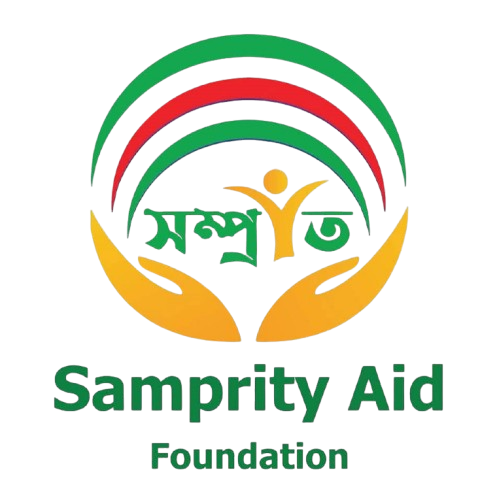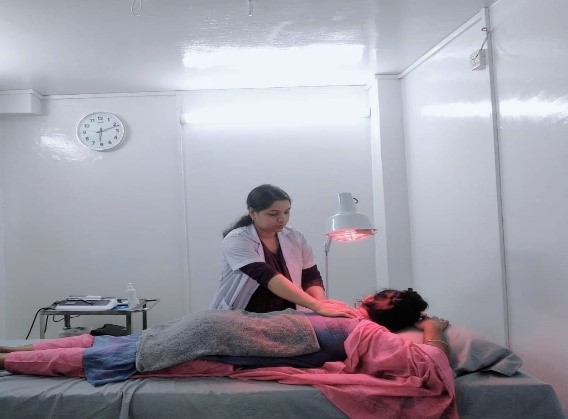| Name of Project | : | Education and Health Support for Rohingya Refugee Children |
| Project Duration | : | January 2024 to December 2030 |
| Donors | : | DO BEFORE, KOREA |
| Status of Project | : | On Going |
Samprity Rohingya Response Project is dedicated to promoting the education and protection rights of children from the Rohingya refugee community and the host community. The project applies a holistic approach to child development, ensuring physical, mental, emotional, spiritual, and social growth. Guided by the principle that every child should grow with strong spiritual and human values, it serves 50 children inside the Rohingya camp and 200 children from the host community. Its aim is to provide quality education, safeguard child rights, and nurture moral values, enabling children to become resilient, compassionate, and empowered members of society despite their challenging circumstances.

